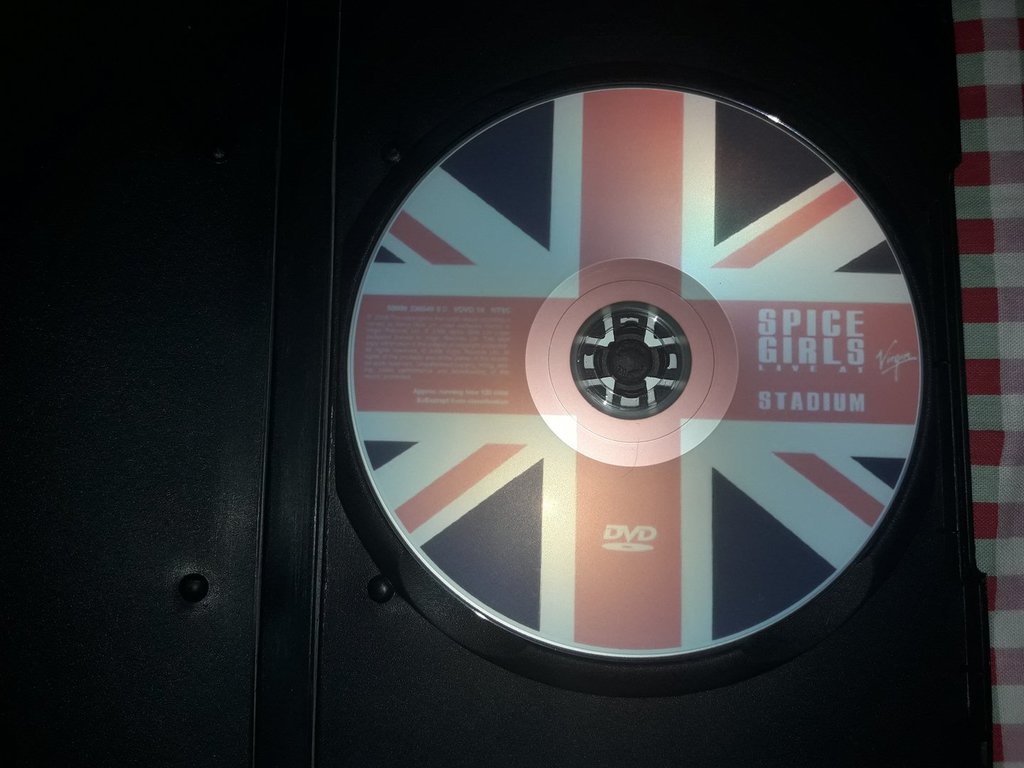

It remained there for seven weeks, and by the end of the year, "Wannabe" had hit number one in 21 other countries. "Wannabe," Spice Girls' first single, was released in the summer of 1996 and became the first debut single by an all-female band to enter the British charts at number one. By the end of 1995, the group had signed with Annie Lennox's manager Simon Fuller, and began writing songs with Elliot Kennedy. All five members moved into a house and went on the dole as they searched for a manager. They were without a manager, though, which made recording a debut album nearly impossible. For the next two years, the Girls fought to get a record contract, since most record labels insisted that the band pick one member as a clear leader, which is something the group refused.Įventually, Spice Girls signed a contract to Virgin Records.

The manager who placed the ad chose all five members of Spice Girls, yet the women rejected his plans for their career and set out on their own two months after forming. Every member of the group was active in England's theatrical, film, and modeling circuit before the group's formation, and they all responded to an advertisement requesting five "lively girls" for a musical group in the summer of 1993. If all of the invented personalities made Spice Girls seem manufactured, that's because they were to a certain extent. The group also became chart-toppers throughout Europe in 1996, before concentrating in America in early 1997.Every member of Spice Girls was given a specific identity by the British press from the outset, and each label was as much an extension of their own personality as it was a marketing tool, since each name derived from their debut single and video, "Wannabe." Geri Estelle Halliwell was the "sexy Spice" Melanie Janine Brown was the "scary Spice" Victoria Adams was "the posh Spice" Melanie Jayne Chisholm was "the sporty Spice" Emma Lee Bunton was "the baby Spice." Each persona was exploited in the group's press articles and videos, which helped send "Wannabe" to the top of the charts upon its summer release in 1996. Their proud, all-girl image and catchy dance-pop appealed to younger listeners, while their colorful, sexy personalities and sense of humor appealed to older music fans, making Spice Girls a cross-generational success. Spice Girls used dance-pop as a musical base, but they infused the music with a fiercely independent, feminist stance that was equal parts Madonna, post-riot grrrl alternative rock feminism, and a co-opting of the good-times-all-the-time stance of England's new lad culture. Instead, the all-female quintet derived from the dance-pop tradition that made Take That the most popular British group of the early '90s, but there was one crucial difference. Spice Girls were the first major British pop music phenomenon of the mid-'90s to not have a debt to independent pop/rock.


 0 kommentar(er)
0 kommentar(er)
